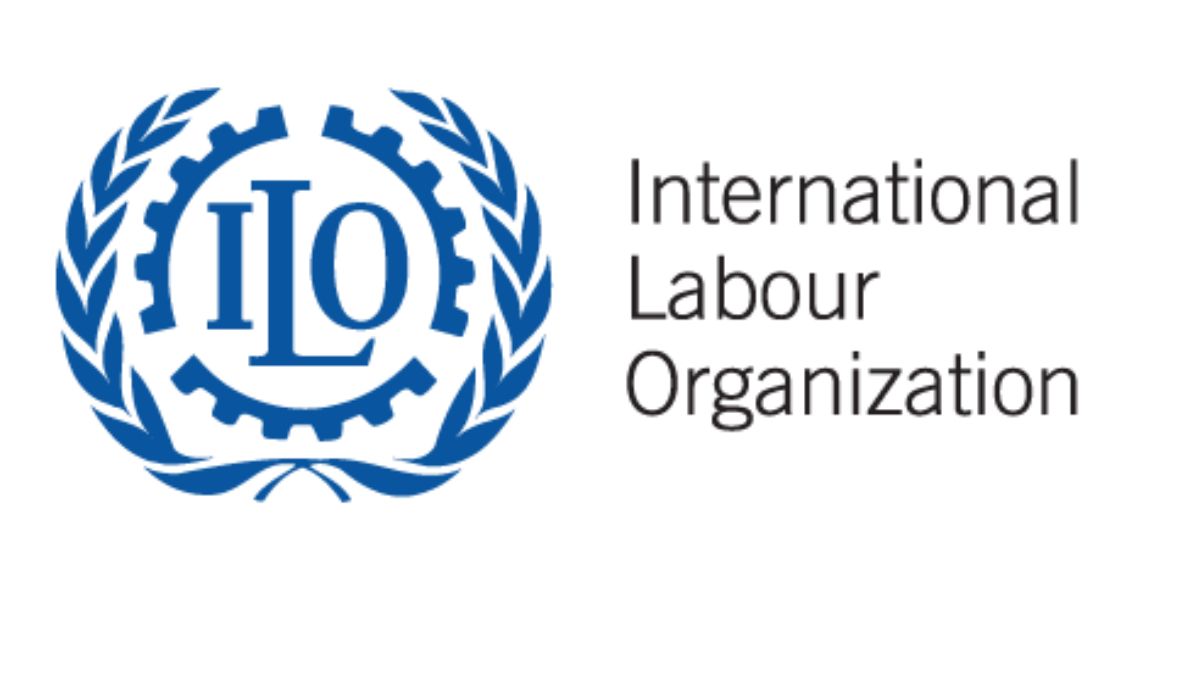Introduction
When it comes to worker protections and fair treatment of all people, the International Labour Organisation (ILO) is a symbol of optimism and development. Since its founding in 1919, it has fought ceaselessly for the advancement of decent labour and the achievement of social justice around the world. The International Labour Organisation (ILO) has been a leading force in developing laws, establishing standards, and fostering collaboration to ensure fair and equitable conditions for workers around the world thanks to its tripartite structure, which includes governments, employers, and employees.
Pioneering Decent Work
The idea of “decent work” is central to the ILO’s mandate. The concept of “decent work” refers to an ideal in which everyone has access to gainful job, enough compensation, safety nets, and opportunities for meaningful interaction with others. The International Labour Organisation (ILO) works for a world without discrimination, child labour, or forced labour. The International Labour Organisation (ILO) promotes economic progress, social harmony, and individual empowerment through its support of good employment.
Setting International Standards
The International Labour Organisation is instrumental in shaping and advocating for global labour norms. The organization’s tripartite members—governments, employers, and employees—meet to discuss, negotiate, and develop conventions and recommendations on a wide range of labour issues. These norms address a wide range of issues, such as the right to organise and bargain collectively, workplace safety and health, minimum wage, and fair hours of work. The International Labour Organisation (ILO) establishes these guidelines to help nations strengthen their labour laws and practises and better protect employees’ rights.
Technical Assistance and Capacity Building
The International Labour Organisation (ILO) does more than just provide recommendations when it comes to improving working conditions. The International Labour Organisation (ILO) recognises that different countries confront different difficulties, so it provides training, knowledge sharing, and advice to help improve national labour policies and institutions. The International Labour Organisation (ILO) promotes better working conditions and higher living standards for all by building the capacity of governments, business groups, and labour unions.
Promoting Social Justice
Social justice is the foundation of a just and inclusive society, according to the International Labour Organisation. As a tool to attain social justice, it seeks to deal with inequities, fight poverty, and encourage social debate. The International Labour Organisation (ILO) promotes an environment where workers’ rights are protected, social support is guaranteed, and socioeconomic inequities are mitigated through encouraging cooperation between governments, employers, and employees. The International Labour Organisation (ILO) promotes fair and just economic growth through its various programmes and agendas, such as the Global Deal and the Decent Work Agenda.
Addressing Emerging Challenges in the World of Work
The International Labour Organisation (ILO) is responsive to new issues in the workplace because it acknowledges the dynamic nature of the global labour market. Opportunities and threats to employees are evolving as a result of technological progress, globalisation, climate change, and demographic shifts. The ILO has been at the forefront of analysing and adapting to these shifts, with the overarching goal of preserving the centrality of decent work and social justice. To address these issues and provide solutions for inclusive and sustainable labour markets, the ILO conducts research, hosts expert roundtables, and develops policies.
Combatting Forced Labor and Modern-Day Slavery
The elimination of modern-day slavery and forced labour is a top priority for the International Labour Organisation (ILO). More than 25 million individuals are estimated to be in forced labour around the world, where they are vulnerable to exploitation and abuse. The International Labour Organisation (ILO) is in the forefront of efforts to eradicate forms of slavery and human trafficking as well as child labour. The International Labour Organisation (ILO) aims to end these appalling abuses of human rights by educating the public, improving legal protections, and encouraging ethical business practises.
Promoting Gender Equality and Women’s Empowerment
The International Labour Organisation (ILO) is committed to achieving gender parity and empowering women. Its goal is to guarantee that people of different genders have equal access to all job advantages and opportunities. Equal pay, the elimination of sexual harassment, greater participation of women in leadership roles, and a better work-life balance are all goals of the ILO’s programmes. The International Labour Organisation (ILO) strives to establish societies in which women may fully engage in and profit from the world of work by advocating for gender-responsive policies, fostering entrepreneurship, and boosting women’s skills and employability.
Tackling Informality and Precarious Work
Many countries continue to struggle with the effects of informality and unstable employment. The International Labour Organisation (ILO) strives to improve social protection for at-risk populations, legalise informal work arrangements, and protect workers’ rights. The International Labour Organisation (ILO) has issued a Recommendation on the Transition from the Informal to the Formal Economy that outlines best practises for easing this change while protecting workers’ rights and advancing decent employment. To combat the causes of informality and pave the road for good and secure jobs, the ILO works in tandem with governments, businesses, and workers to promote open discussion and cooperation.
Building Resilient and Sustainable Supply Chains
Although supply networks are vital to the global economy, they frequently encounter issues related to human rights and the environment. The International Labour Organisation encourages supply chains to follow international labour standards and engage in socially responsible business practises. In order to guarantee that employees’ rights, fair salaries, and safe working conditions are upheld all the way through a company’s supply chain, it collaborates with governments, multinational corporations, and workers’ and employers’ organisations. The International Labour Organization’s (ILO) mission is to promote decent work and social justice in the world’s supply chains through dialogue, guidance, and the facilitation of multi-stakeholder collaborations.
Conclusion
When it comes to promoting decent employment and social justice on a worldwide scale, the International Labour Organisation (ILO) remains a leading force. The ILO continues to play a pivotal role in influencing policy and fostering collaboration by responding to new threats in the workplace, such as forced labour, promoting gender equality, addressing informality, and pushing for responsible supply chains. The International Labour Organization’s (ILO) commitment to building inclusive, equitable, and sustainable societies is a beacon for a world where all workers are treated with respect and receive their due.











